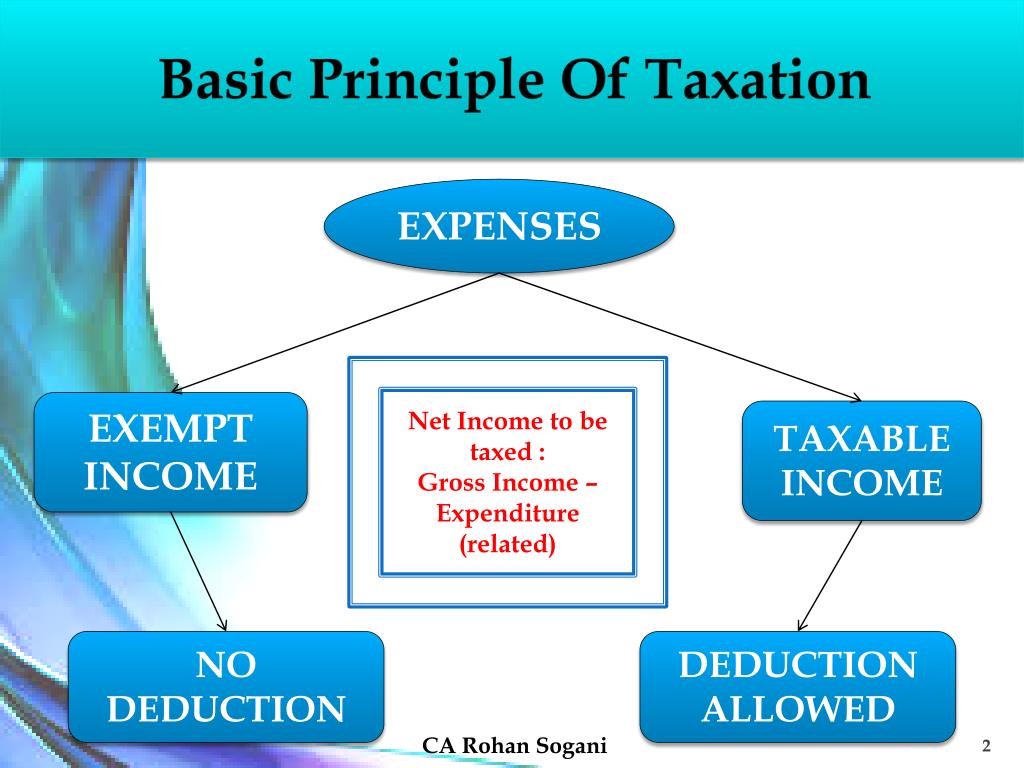

Such tax laws are deemed to be the laws of the occupied territory and not of the occupying enemy.||| (Hilado v. These are: (1) the belief that taxes should be based on the individual’s ability to pay, known as the ability-to-pay principle, and (2) the benefit principle, the idea that there should be some equivalence between what the individual pays and the benefits he subsequently receives from governmental activities. The benefit is theory from public finance efficiency of fiscal, was Johan (1851 and Erik (1891 public-goods expenditures on politically-revealed willingness for According conferred pay the businesses other One on The 1. The Court disagreed, holding that since revenue laws are not political in nature, they subsist despite a change in sovereignty. Hilado claims he could not have made that deduction since the last year of the Japanese occupation was not a “taxable year.” The benefit principle refers to the idea. government, it could not be claimed as a valid business asset.įurther, the Secretary of Finance issued a Circular clarifying that deductions due to property losses must be claimed during the year that the loss was sustained. The benefits received rule argues that those who receive the greatest benefit from the government, either directly or indirectly, should pay the most taxes, in. Equity: Taxes are commonly analysed through the lenses of the benefit principle and of taxpayers ability to pay.

The Court held that since the deduction depended on the magnanimity of the U.S. Note the following extensions: Dynamic efficiency: firms have an incentive to adopt new technology to reduce their marginal abatement costs with both a carbon tax and carbon tax-and-trade. On the surface, this principle is quite logical and easily justified. The benefit principle states that taxes should be based on the benefits received, that is, those who receive the greatest benefits should pay the most taxes. Both policies are preferred over techological or output standards (i.e., command and control regulation). The first of two key tax equity principles is the benefit principle.

Hilado claimed that he validly deducted the amount as a “business asset.” The government receives tax revenue with a carbon tax. THEREFORE, YEARS DURING ENEMY OCCUPATION ARE STILL SUBJECT TO TAXĮmilio Hilado filed his income tax return in 1951, and deducted PhP 12,837.65 which was a portion of his war damage claim which had been approved but not yet paid.


 0 kommentar(er)
0 kommentar(er)
